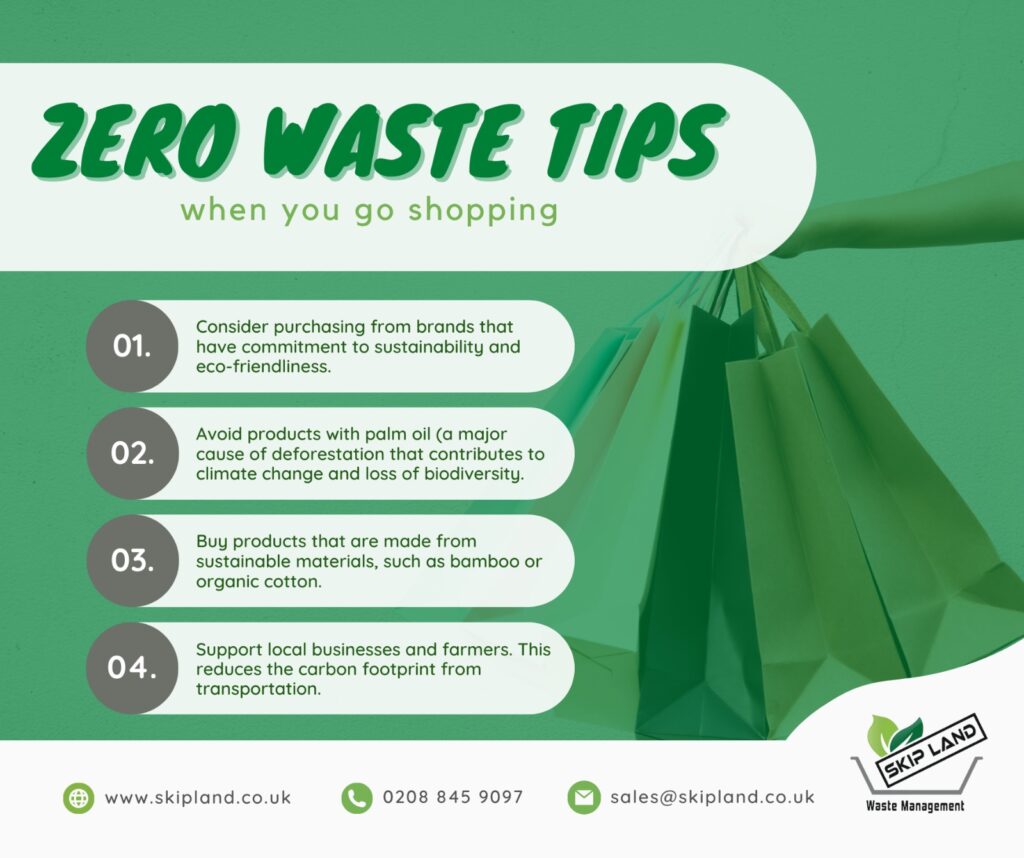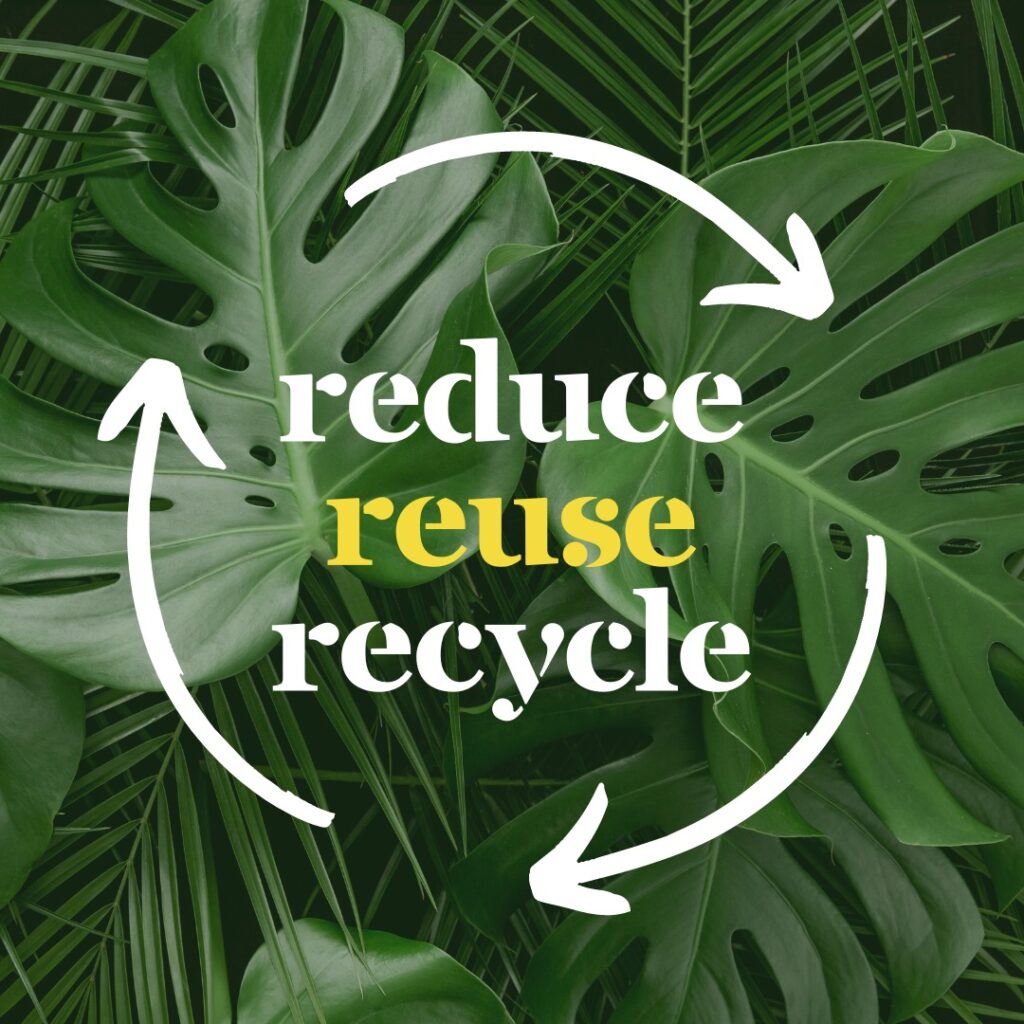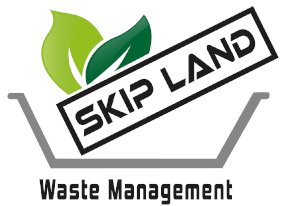Recycling in the UK
Recycling in the UK: A Guide to Reducing Waste and Protecting the Environment with Skipland Waste Management, that provides Skip Hire and Waste Removal in London and surrounding areas.
Recycling is an essential aspect of reducing waste and protecting the environment. In the UK, recycling has become increasingly accessible and widespread, with many households and businesses now actively participating in recycling programs. However, there is still much that can be done to further increase recycling rates and reduce waste. To this end, skip hire and waste removal businesses such as Skipland play a crucial role in managing and recycling waste.
What is recycling?


Recycling is the process of converting waste materials into new products. The materials that can be recycled include paper, cardboard, plastic, glass, metal, and textiles. The goal of recycling is to reduce waste, conserve resources, and minimize the impact of human activities on the environment.
Why is recycling important?
Recycling is vital because it helps to conserve natural resources and reduce the amount of waste that goes into landfills. Landfills are not only unsightly, but they also produce methane, a potent greenhouse gas that contributes to climate change. By recycling, we can reduce the need for new raw materials, conserve energy, and reduce greenhouse gas emissions.
How does recycling work in the UK?
In the UK, recycling is primarily managed by local councils. Most councils provide households with recycling bins for materials such as paper, cardboard, glass, metal, and plastic. These bins are usually collected on a regular basis, and the materials are sorted and processed at recycling facilities. Skipland Waste Management offers skip hire and waste removal as additional services to handle larger volumes of waste materials, such as construction waste, garden waste, and commercial waste.
What can you recycle in the UK?
The materials that can be recycled in the UK vary depending on the local council and recycling scheme. However, most councils accept the following materials for recycling:
• Paper and cardboard
• Glass bottles and jars
• Metal cans and tins
• Plastic bottles, pots, tubs, and trays
In addition to these materials, many councils also accept items such as cardboard packaging, food and drink cartons, and aerosol cans. Some councils also provide separate bins or bags for garden waste, such as leaves and branches. Skip hire and waste removal companies provide additional services for handling and recycling larger volumes of waste, including hazardous waste.
How can you recycle more?
There are many ways to recycle more and reduce waste in the UK. Here are some tips to help you get started:
• Find out what materials your local council accepts for recycling and make sure you use the correct bins or bags.
• Use the services of waste management companies as Skipland for handling larger volumes of waste.
• Try to avoid single-use plastics, such as plastic bags and straws, and choose reusable alternatives instead.
• Recycle your old electronic devices, such as mobile phones and laptops, through a dedicated recycling scheme.
• Donate your unwanted clothing and textiles to a charity shop or textile recycling scheme.
• Compost your food waste and garden waste to create nutrient-rich soil for your garden.
Conclusion

Conclusion
Recycling is a vital part of reducing waste and protecting the environment in the UK. By recycling, we can conserve natural resources, reduce greenhouse gas emissions, and create a more sustainable future. With the help of skip hire and waste removal businesses, we can manage and recycle larger volumes of waste, and contribute to a cleaner and more sustainable environment. By following these tips, we can all do our part to recycle more and reduce waste.

